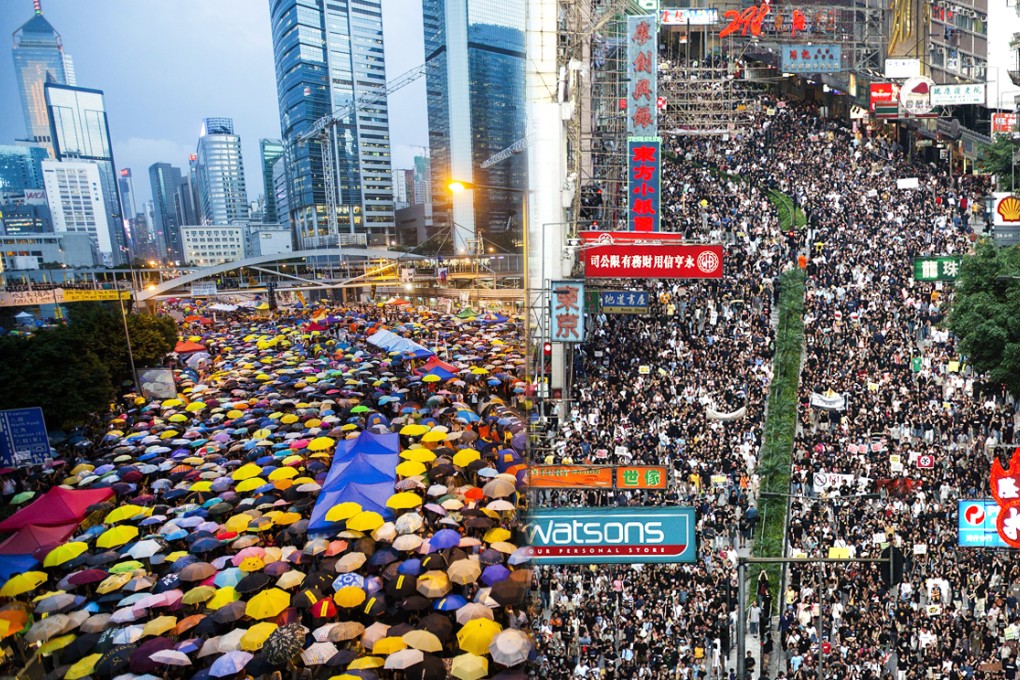Late on Tuesday, a small group of people charged the Legislative Council building and broke a glass panel.
Reports indicate they did so because they feared the passing of “Internet Article 23”. The original Article 23 is of course the controversial national security bill that provoked half a million Hong Kong people to protest in the streets in 2003. So what exactly is “Internet Article 23”, and should we be concerned?
“Internet Article 23” is actually more than one bill. Lawmakers and advocacy groups use it to refer to at least two different regulations, both with the potential to seriously undermine the free and open internet we enjoy in Hong Kong.
One is the Copyright Amendment bill, a much needed update to the otherwise outdated copyright bill. But many fear that it will punish citizens for remixing original content with social or political commentary as parody or satire. To understand why people are concerned, you only need to take one quick look
online or walk by the Occupy areas: among the many art pieces, one of the most popular is a life-size cutout of president Xi Jinping holding a yellow umbrella that many people take selfies with.
The other regulation in question is the Computer Crimes Ordinance. Originally intended to battle computer fraud and hacking, it has been drafted in such a way that it has serious potential for abuse. The most recent case involves the arrest of a citizen for “inciting” others to commit an offence. His crime? Posting a message on an online forum asking others to join him in the pro-democracy protests; the original post has been removed and the police have so far declined to comment on the specifics of the case.
Let’s not forget what is at stake. We only need to look across the border to see a tightly monitored, closely controlled internet where citizens have to watch what they say to each other, even on
seemingly private messenger apps such as WeChat. Then they might find themselves at a dead end if they try to find out what is going on; Sina Weibo and Baidu have been filtering search results for “Hong Kong students”, “Hong Kong tear gas” and “true universal suffrage”. And because people started sharing yellow umbrella pictures, Instagram is now the latest member to the club of global internet platforms that are blocked in China, joining Facebook, Twitter and YouTube, amongst others.
In contrast, we have a free and open internet in Hong Kong. Anyone can share their story and decide for themselves what is meaningful or not; no longer does a small and powerful elite determine this for the rest of society. Let’s be clear: a free and open internet doesn’t mean that people can say whatever they want without any consequences; all countries regulate speech to some extent. But it does mean that the conversation is open and inclusive: whether you are a yellow, blue or red ribbon supporter, you don’t have to ask anyone for permission to speak.
